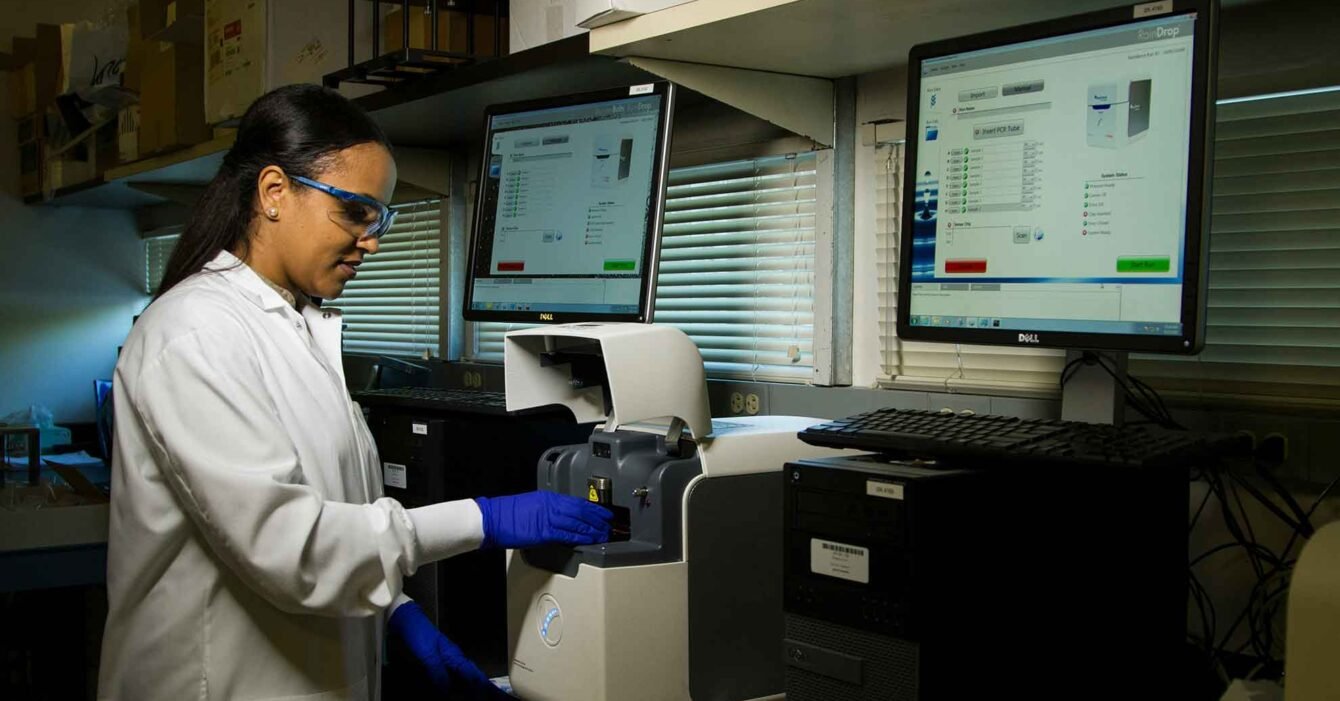Abu Dhabi is rapidly emerging as a leader in healthcare innovation, spurred by its commitment to integrating advanced technologies across its medical services. This surge in health tech is not just enhancing the efficiency and effectiveness of healthcare delivery but also transforming the patient experience in the region. With a focus on cutting-edge solutions like telemedicine, AI-driven diagnostics, and electronic health records (EHRs), Abu Dhabi is setting new standards in healthcare excellence.
Strategic Investments and Government Initiatives
The government of Abu Dhabi has been instrumental in driving health tech forward through strategic investments and robust support for healthcare innovation. Initiatives such as the Abu Dhabi Healthcare Strategic Plan emphasize the adoption of digital technologies to improve healthcare quality and accessibility. This plan aligns with broader national goals to diversify the economy and reduce oil dependence by fostering high-tech industries, including health tech.
Impact on Healthcare Delivery
One of the most significant impacts of health tech in Abu Dhabi is seen in the realm of telemedicine. This technology has become particularly vital in the context of the global COVID-19 pandemic, as it allows for the continuity of care while minimizing the risk of virus transmission. Telemedicine platforms in Abu Dhabi enable patients to consult with their doctors remotely, receive prescriptions electronically, and manage chronic conditions without frequent hospital visits. This not only increases patient safety but also expands access to medical services for those in remote areas or with mobility challenges.
AI-driven diagnostics are another area where Abu Dhabi is excelling. Hospitals and clinics are utilizing AI to analyze medical imaging, predict patient outcomes, and personalize treatment plans. This application of AI not only speeds up diagnostic processes but also enhances their accuracy, leading to better patient outcomes and more efficient use of medical resources.
Furthermore, the implementation of comprehensive EHR systems is streamlining patient data management across multiple healthcare providers. These systems ensure that patient histories, treatment plans, and diagnostic results are easily accessible to authorized healthcare professionals, improving care coordination and reducing errors.
Challenges and Opportunities
Despite these advancements, the integration of health tech in Abu Dhabi’s healthcare sector faces challenges. Data privacy and security are major concerns, as the increasing use of digital health solutions involves handling large volumes of sensitive patient information. Ensuring the security of these data against breaches is crucial.
Additionally, there is the challenge of digital literacy among older populations who may find it difficult to use new technologies. This necessitates targeted education and training programs to ensure that all citizens can benefit from health tech innovations.
However, these challenges also present opportunities. There is significant potential for growth in cybersecurity solutions tailored to healthcare, as well as in educational initiatives aimed at increasing digital literacy among the general populace. Moreover, as health tech continues to evolve, there will be ongoing demand for skilled professionals in digital health, creating new job opportunities and contributing to economic diversification.
Conclusion
The rise of health tech in Abu Dhabi is playing a transformative role in the healthcare sector, driven by governmental support and strategic investments. As Abu Dhabi continues to innovate and overcome challenges in health tech, it solidifies its position as a global leader in medical excellence and healthcare delivery. This dynamic sector not only promises better health outcomes for residents but also contributes to the emirate’s vision of a diversified, high-tech economy.

